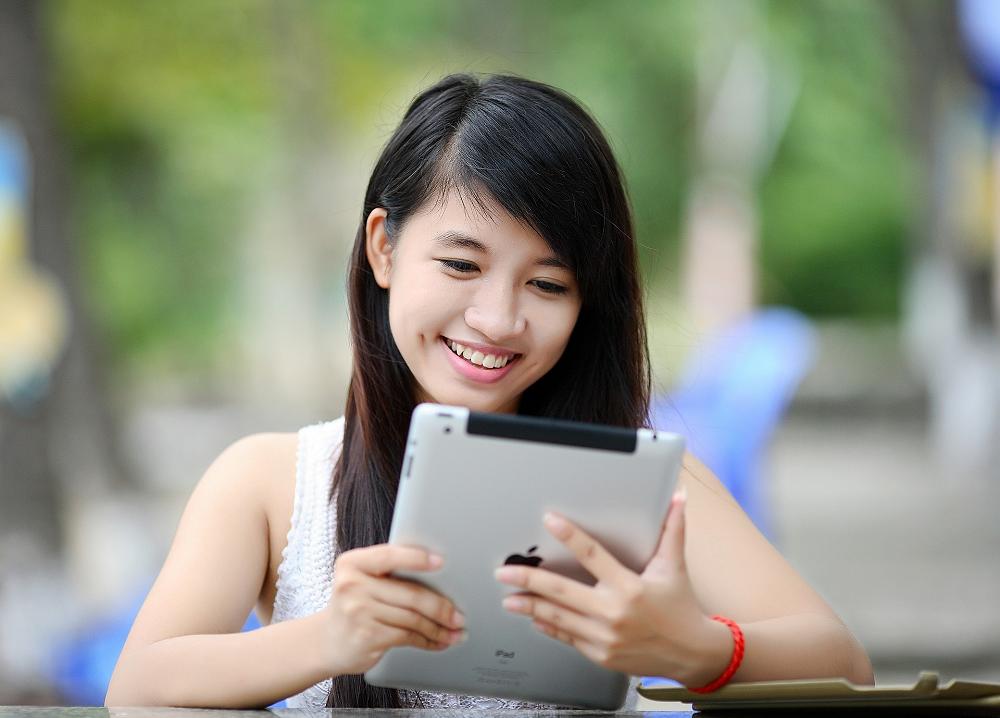
Photo by pixabay.com
Practising safe, responsible online behaviour as we learn from home
During our time of distance learning and as our children are required to access their learning online, it is a great opportunity to remind them how they can keep themselves safe, and behave in ways that are responsible and respectful to others.
Below is a copy of our Avonhead School expectations that we promote in classrooms. We would love parents to remind their children of these expectations and reflect on how they are following these guidelines at home.
As a student of Avonhead School and also part of our community, we ask you to help make our school a place that is safe, friendly, and fair. This means taking our school values and acting on these whether you’re online, or offline, and help to make our school a positive place to learn, connect and play. This is being a ‘digital citizen’.
As a digital citizen, you will:
Keep it kind. Think about others online and talk or share in respectful ways.
Keep it to yourself. Keep passwords and information about yourself and other people private and offline as it can be easily shared, viewed, screenshot, or changed by others to mean different things. Nothing is private online.
Keep it careful. Because things you do or say online can be seen by others, be careful to share the things you can feel proud of, or would be happy sharing with someone face to face.
Keep it positive. Always respect others online and communicate in a positive, respectful way.
Post with caution. Anything you post or do online can influence what people think of you. Put your best foot forward online.
Don’t believe everything you see. Always think carefully about the information you see online – not everything is true. If you are unsure of something talk to a teacher.
Avoid online bullying. Creating or forwarding content that is harmful or hurtful towards someone else is not okay at any time. Sending multiple messages to somebody who doesn’t want them is also considered online bullying and is never okay.
Be security smart. Keep personal information secure by using strong passwords and not sharing them with other students. Always log out of a site, or device.
Respect others’ rights. Always ask first if you need to use someone else’s device, online sites, and their image, ideas, creations or work that’s stored online.
Recognise other’s work. When we use or take others’ work or ideas from the internet, we need to make sure we copy or use these in ways that are okay because there are rules about this. Your teacher will help you to use things you find online in the right ways.
Seek help. Sometimes you or someone you know will feel unsafe or come across bad or hurtful content online. If this happens talk to a trusted adult about what can be done.
In addition to this, we highly recommend reading through the advice provided by Netsafe - that can be accessed via the following links:
https://www.netsafe.org.nz/advice/parenting/
https://www.netsafe.org.nz/wp-content/uploads/2019/07/Online-Safety-Parent-Toolkit-2020.pdf